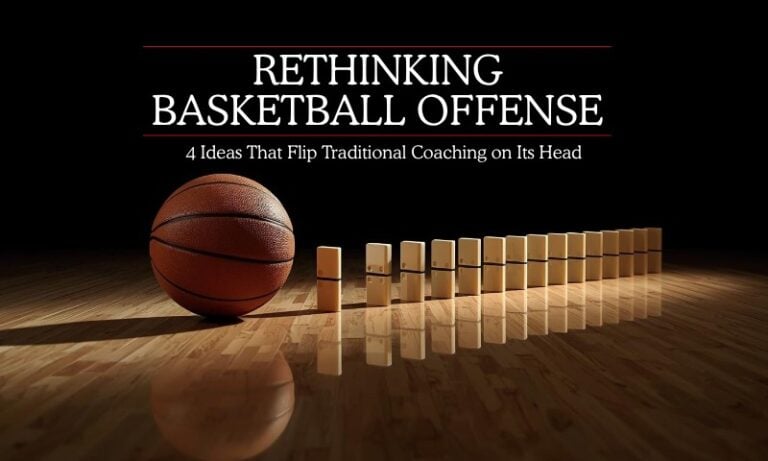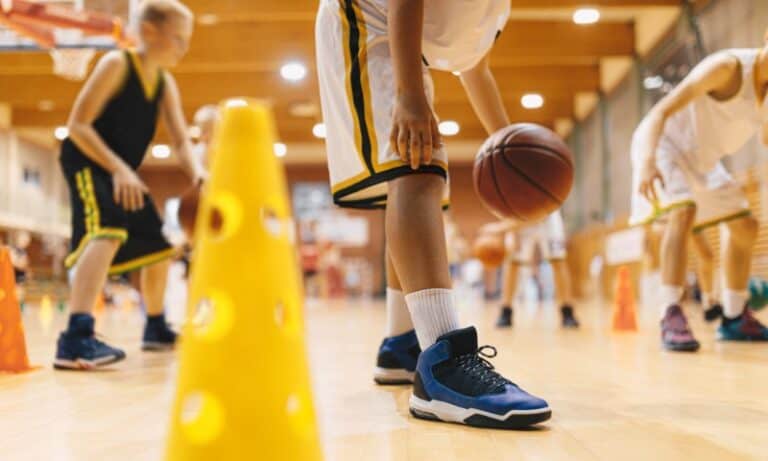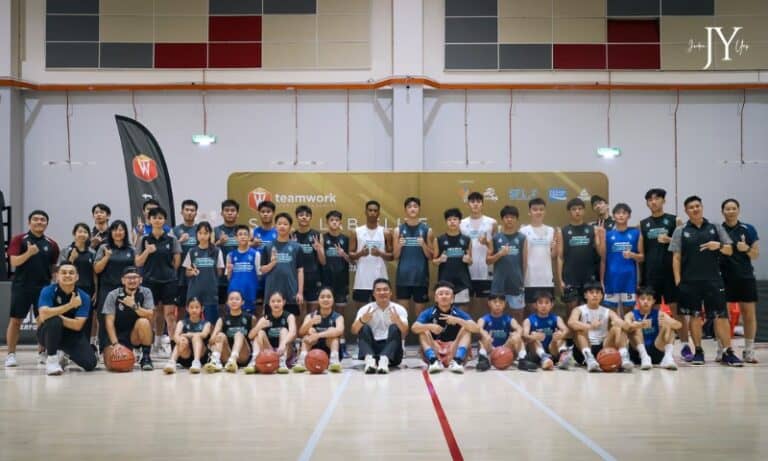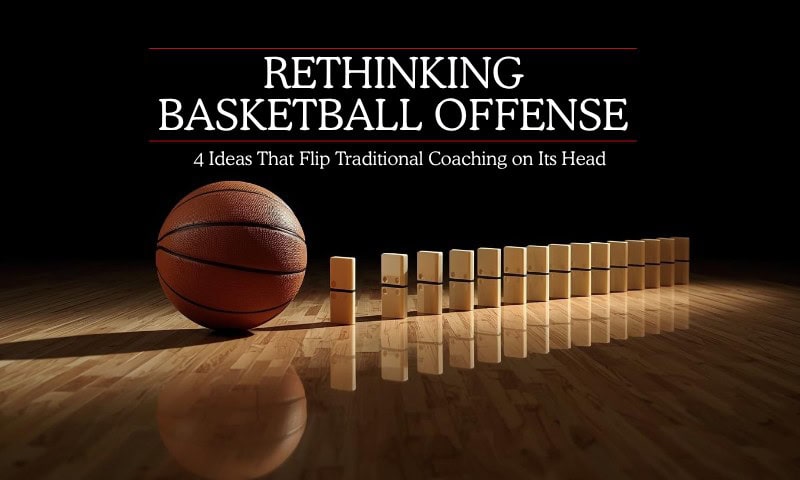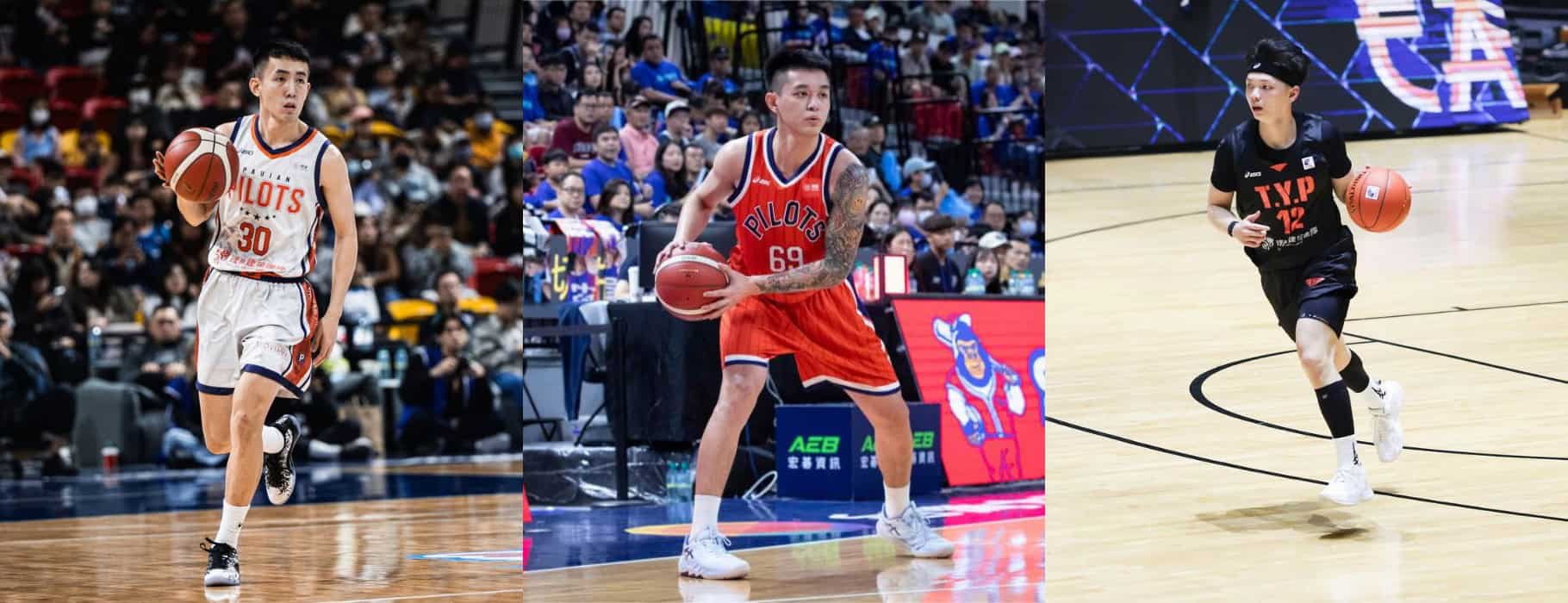
Michael Jordan once said: “You can practice shooting eight hours a day, but if your technique is wrong, then all you become is very good at shooting the wrong way.”
The words sting because they’re true. Effort isn’t everything. In fact, it can be a trap. If you pour energy into the wrong method, the harder you train, the further you drift from real progress.
We’ve all seen it: players who grind for hours but stay stuck in place; parents who believe effort alone is the magic key, convinced that if their kids just train harder, results will come.
But effort without direction isn’t investment. It’s waste.
That’s why my recent conversation with Tang Wei-Jie (AJ), assistant coach of the P.LEAGUE+ (PLG) Champion Taoyuan Pilots, stood out. His stories made one thing clear: hard work is never enough on its own.
From Overlooked Rookies to Core Players
One of the Pilots’ most compelling storylines is the rise of their local talent.
Lu Chun-Hsiang (盧峻翔), Pai Yao-Cheng (白曜誠), and Li Chia-Kang (李家慷) are now fan favorites. But three years ago, they were barely on the radar.
AJ remembers that first summer vividly:“Chun-Hsiang was seen as just a scorer. Hsiao Pai was struggling to organize the offense. Chia-Kang wasn’t even in the rotation—sometimes not on the training roster at all.”
Three years later, all three are mainstays in a championship squad. They’ve stepped onto the biggest stages — P.LEAGUE+, the East Asia Super League, and the Basketball Champions League — and carried real responsibility.
That leap wasn’t luck. It wasn’t just “work harder.” It was the product of designed growth, constant review, and trust in the process.
Progress Requires Design, Not Chance
The Pilots’ philosophy is simple but powerful: improvement must be engineered.
Before each season, the staff sets specific short- and long-term goals for every player. What needs sharpening this year? Where should they be in three? And those goals aren’t just words — they’re backed by data and film.
Take Hsiao Pai’s three-point shooting. Fans often criticized him for being “left open,” assuming he wasn’t improving. The numbers show otherwise:
- In college, his percentage sat in the low teens.
- As a pro, he chipped away season by season.
- This past year, he raised it to 26%.
Not spectacular, but steady. Progress you can measure.
That’s design in action: effort + measurement + correction = growth.
Without it, hard work just multiplies mistakes.
Trust: The Accelerator of Growth
Design sets the course. Trust provides the speed.
Li Chia-Kang shows why. After games, he often calls AJ immediately: “Coach, what did you see from me today? Which moves felt off? What should I adjust?”
That’s more than diligence. It’s trust. When a player believes in his coach, feedback isn’t just advice — it becomes action. He doesn’t waste time resisting. He adapts. He improves.
Growth in basketball isn’t only technical or physical. It’s relational. Without trust, effort is lonely struggle. With trust, effort compounds.
Attitude Shapes a Series
AJ also pointed to something less tangible but just as critical: head coach Iurgi Caminos’ relentless positivity.
He recalled last season’s Finals, which stretched to Game 7. After crushing losses, where many coaches would hammer mistakes, Caminos highlighted the smallest sliver of success.
“We still did 1% well today. Here’s what it was.”
It may sound naïve, but in the heat of a playoff series, that mindset preserved confidence. Instead of spiraling into self-doubt, players locked onto what they could build on for the next game.
In those moments, the Pilots weren’t just competing physically. They were winning the mental game of survival.
Lessons for Malaysia
When the Pilots traveled to Kuala Lumpur for the BCL Asia-East qualifiers, AJ’s assumptions about Malaysia shifted.
For years, he thought Malaysian basketball lacked intensity. But facing the NS Matrix Deers, he was struck by the skill, aggression, and game sense of even their bench players.
One stood out: number 77, Heng Yee Tong. Slender, seemingly undersized, but fearless. He played with sharp instincts and even buried a key three-pointer. AJ admitted: “Players in Taiwan could learn from that kind of drive.”
His reflections revealed a bigger picture:
- Japan runs on long-term player development plans, teaching specific skills at every stage.
- Taiwan has resources and foreign coaches but lacks a unified pathway, leading to clashing philosophies.
- Malaysia is still emerging, but raw talent flashes through — the problem is structural, not motivational.
We’re still running on “hard work.” Others are running on “design + data + culture.”
Effort Is Fuel. Design Is the Navigation.
Michael Jordan’s warning rings louder than ever: if your technique is wrong, effort only makes you better at being wrong.
Effort is essential. But effort alone doesn’t guarantee improvement. It needs design (systems and data), trust (relationships), and culture (attitudes that sustain belief).
Progress isn’t an accident. It’s built.
Hard work is the fuel. Design is the navigation.
In this episode of One on One with Jordan, Coach AJ and I dug deeper into these themes: the rise of the Pilots’ local stars, how data shapes training, the evolving role of skill coaches, the grind of film study, and what Malaysia can learn moving forward.
Watch the full conversation on my YouTube channel.
— Jordan


